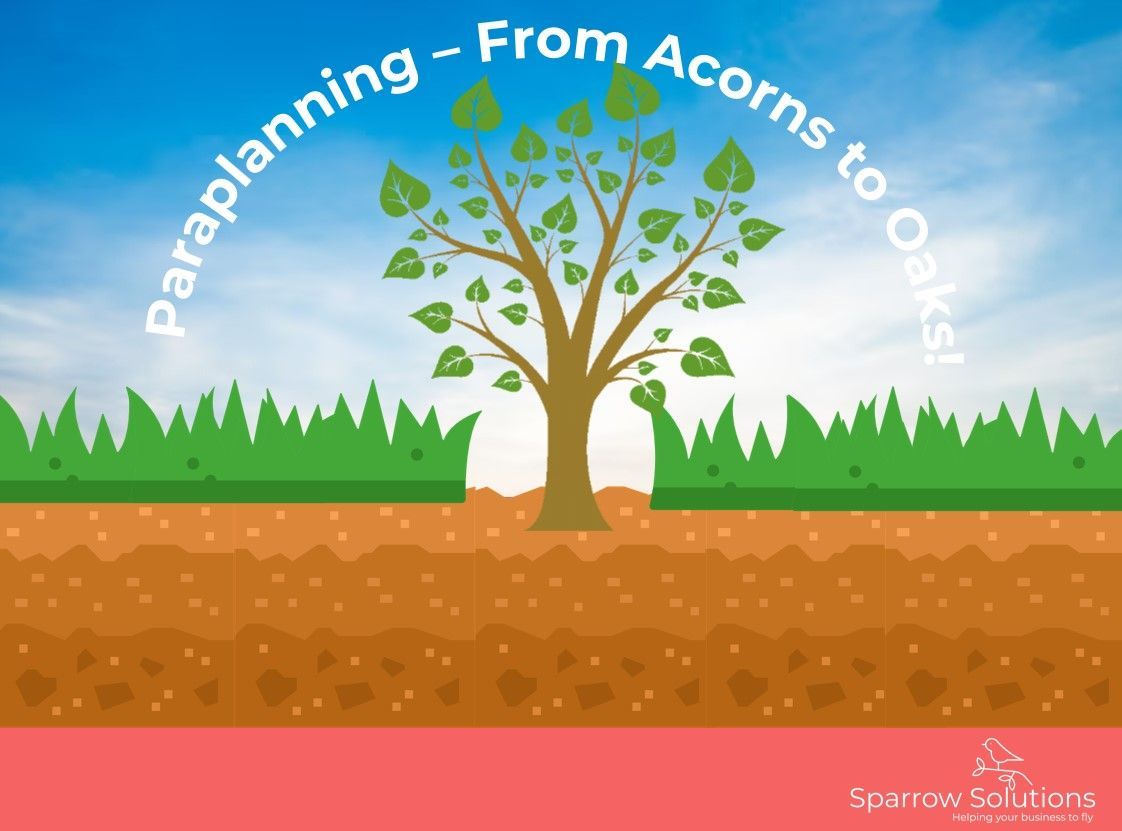To be or not to be called a paraplanner...
Caroline Stuart • 20 February 2020
Level 4 and beyond?
Should you have a minimum level of qualification before you can use the title ‘Paraplanner’? Many think so, in particular, it should be at least Level 4, aspiring to Level 6 or 7.
I used to think this myself, passionately in fact; once I’d achieved Level 4.
Then I met and worked closely with a number of paraplanners (and they absolutely were paraplanners), who hadn’t quite got to Level 4. They had started their qualification journey and had several exams under their belt but for various reasons, had not quite made it to the full Diploma.
Whilst they weren’t Level 4, they all had really good technical knowledge from regularly completing CPD, they were experienced in research and cashflow planning, were articulate with excellent grammar and communication skills in their report writing, and had a fantastic ‘client first’ attitude. In short, everything I would be looking for in a paraplanner.

Working with them showed me, first hand, (and I am more than happy to admit it) how wrong I had been. These were skilled, knowledgeable and experienced people doing a fantastic paraplanning job. Our employer was happy with what they were doing, as were their planners, and most importantly the clients they worked with were receiving excellent service, with good quality advice presented in an easy to follow, client friendly report.
I don’t disagree that everyone should want to increase their knowledge and skills, and strive to be the best they can. I’m also all for everyone fulfilling their potential but this isn’t going mean the same thing for all people.
One comment on a recent article I read about this was ‘if you have bags of experience, you should be able to pass five not overly difficult Level 4 exams’. I’ve spent years training and developing paraplanners so I know that what may be relatively simple to one person could be terrifically difficult for another.
We all learn in different ways, some people thrive under exam conditions, some do not. Some are great at coursework, some are not. Some people can pick something up after being shown it once, some people need to see it several times before they understand and are able to do it themselves. Some people learn best from reading and some from just doing. It doesn’t mean one person is better or superior than another, it just means we are different.
Another comment raised was that the Accountancy and Legal professions have minimum standards. I’m not disputing this, to be an Accountant, you need the AAT qualification, to be a Chartered Accountant, you need a degree in accountancy. To be a solicitor, you need a law degree.
However, these professions have had years to set standards and qualification levels, many, many years in fact. The Institute of Accountants was formed in 1853 and the Law Society in 1825 but these weren’t created overnight; how many years before that had they spent, creating, defining and honing their profession? How long has a degree in Accountancy or Law been available? To be comparable with these professions, wouldn’t we need a degree in Paraplanning?

We have had paraplanners in this country for 20 years, maybe 25. Our largest professional body, the Personal Finance Society is only just 15 this year, and so we are a profession that is still very much in it’s infancy. It’s fantastic that we are aspiring to get as qualified as we can, but qualifications aren’t everything.
There is also the quandary that the definition, responsibilities and tasks of a paraplanner vary from firm to firm. At the moment, the market dictates what is required of a paraplanner. What one business wants from theirs is likely to be very different from another. There are many similarities between the roles for each business but there is yet to be a common definition that most people agree actually is the role.
‘Paraplanners are not just report writers’ is something else that often comes up. No, they are not but what’s wrong with report writing anyway? Many paraplanners started there, myself included, and it’s a great introduction into the profession. Report writing is itself a skill. Being able to take information about a client in a fact find or file note, along with research, advice and recommendations that someone else has prepared, and present these in an articulate, clear and simple way that a client will understand is itself an acquired skill. I’ve worked with many highly qualified paraplanners who were chartered and fellow, whose technical knowledge was second to none but could not articulate the recommendations in a way that a client would be able to understand and follow. In fact, on occasions, I found myself, a qualified and experienced paraplanner, s truggling to follow exactly what a report was recommending and why, for all the technical info and jargon that was being used.
I’m not disputing that it is necessary to have a really thorough technical understanding to be a great paraplanner. I agree that working to be Chartered and Fellow has improved me as a paraplanner, but these are not the only thi
ngs required. I have spent years learning how to improve my communication and writing skills, learning practical skills such as cashflow and using research tools, and gaining experience to try and be the best I can.
So back to the point in question, you need to be Level 4 to be able to call yourself a paraplanner? Level 4 can be completed in a year. Does this mean that someone who has no previous financial planning or paraplanning experience can complete this in twelve months and then call themselves a paraplanner but someone who is Level three, with many years experience, excellent paraplanning skills and technical knowledge from CPD cannot? That makes no sense to me at all. In my view, if you are doing paraplanning, you are a paraplanner.
I would also ask if you were one of these paraplanners and someone told you that you can’t be called that now, what sort of message does that send?

The fact is, at some point, we need to collectively, as a profession have a real discussion about what a paraplanner is and isn’t. Perhaps we do need a minimum qualification level, perhaps not; perhaps a minimum experience level, again, perhaps not.
Solicitors and accountants have nearly two hundred years on us so it’s not in the least surprising that they have this nailed down by now. That doesn’t mean we won’t in the future, but putting in minimum qualification requirements without thinking of the impact that this will have on paraplanners who have been doing a great job for many years without this qualification is unlikely to have a positive effect on the profession. Conversely, saying that someone with no experience but with a Level 4 qualification is able to use the title, is also likely to create divisions.
I’m not saying we don’t need standards but what we need to do is decide on what the role is, the competencies required, the skills / experience and qualifications and then build a workable framework so we can define and develop a profession much like law or accountancy. Who knows, at some point we may have the Paraplanner Society or the Institute of Paraplanners, we may develop a degree in Paraplanning and be the recognised and respected profession I know we all aspire to be.
However, right now, we have a shortage of good quality people and need to attract much needed new talent to take it forward, develop and grow it. To do this, we need to work together and not alienate people already in the profession, whatever their level or put people off by setting qualification standards for a profession we can’t even define yet.
In the meantime, let’s build bridges not barriers into paraplanning; we are a fantastic profession with a great future ahead of us.


Thinking of financial planning as a career.... As a profession, we are crying out for new people to come and join us, but are we an easy career to get into or do we have barriers that those on the inside just don’t see? On a recent Linkedin post, someone asked a number of questions about the financial planning profession that a new person may want to know: 1. Can you be a paraplanner without being qualified? 2. Why are there junior/senior administrator and paraplanner roles? 3. At what point does the administrator become a paraplanner? 4. How confusing is this for a new entrant? These are all very good questions so I thought I’d try answer some of them with what’s my view but hopefully helpful! 1. Can you be a paraplanner without being qualified? ‘Technically’ no, you don’t ‘have’ to have any qualifications to be a paraplanner, but this is also true of the administrator role. However, do you ‘need’ qualifications? I would say, to be able to do the paraplanner role fully, to understand the technicalities of how to put together and then continue to monitor and review a client’s plan, th en yes, you would need the technical knowledge that comes from studying. Again, to what level and in what type of exams very much depends on the type of paraplanning work you are doing, and the level you and your employer want and feel you need to get to, to be able to look after the number and type of clients your business has. Do exams give you the competence to be able to do a paraplanning role? Again, yes and no. The best paraplanners I know and work or have worked with have a balance of qualifications and experience. I have worked with some who had not yet got to level 4, and were excellent paraplanners, some who were not. I’ve worked with some who are level 4, or chartered and/or Fellow, and are excellent, and again some are not .

Lockdown is really giving people the opportunity to take stock, review the way they do things and look for improvements. I don’t know if the two are related but recently I’ve also noticed an increasing number of people from all areas of the financial services sector, voice their views on where we are as a profession. I use that word quite deliberately. We may have started as an ‘industry’, but I firmly believe that over the years, we have developed into a profession: Any type of work that needs special training or a particular skill, often one that is respected because it involves a high level of education.

We live in the modern age, we have apps, gadgets and gizmos galore to make our lives easier and more convenient but unfortunately no-one has invented anything giving the one thing that most people would really like a bit more of – time. At the start of lockdown, I saw lots of posts on social media giving really good ideas for all the different things you can do to while away all the spare lockdown hours. Several weeks in, and I’m still waiting for all this extra time to materialise! I’m sure I can’t be the only one; how often have you felt you could just do with a couple more hours in the day? I’m not going to be wandering into HG Wells or Marty McFly territory here obviously (although a time travelling DeLorean would be terrifically useful) but how often have you felt you could just do with a couple more hours in the day? Being busy is a good thing and many people thrive when under a certain amount of pressure. However, if ‘busyness’ turns to ‘overwhelmed’, it can lead to stress or anxiety if we no longer feel we're in control; this is exacerbated if we are not always the best at delegating or asking for help. I, like many pe ople I’m sure, have been in situations in the past where you have so much to do that you don’t even know where to begin, and don’t feel you have the time to do it. There are tips and techniques to deal with this of course, but the best thing is having top quality people around who can pitch in and pick up the slack when you need a bit of help, giving you just that extra bit of time you’re needing.








